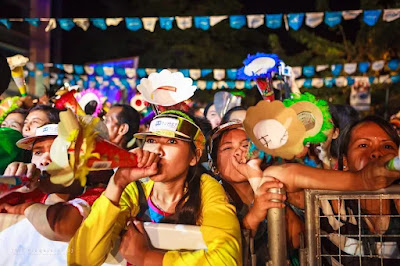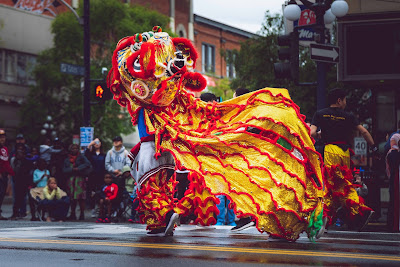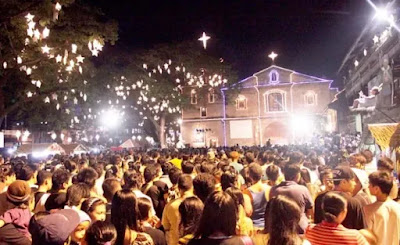Mark Your Calendars: 2023 Holidays in the Philippines
The Philippines is known for its vibrant and colorful culture, reflected in its various holidays and celebrations. There are national and local holidays, each with unique traditions and significance. This article will discuss some of the significant Philippine holidays and what they represent.
Planning a vacation for this year, 2023, is always exciting, and it's always good to know when the Philippines holidays are taking place. To maximize your time away from work, you must check the holiday schedules so you can plan accordingly.
Knowing when the holidays are will allow you to choose the best time to take your trip, ensuring you'll have the opportunity to enjoy the festive atmosphere and participate in the local celebrations. Whether you're interested in visiting the bustling city of Manila or soaking up the sun on one of the many beautiful beaches, there is no shortage of options for where to spend your holiday in the Philippines.
So why take a moment to research the holiday dates and plan an unforgettable vacation in the Philippines? From vibrant cultural events to breathtaking natural landscapes, there's something for everyone in this beautiful country.
Here is some information about the long weekend holidays in the Philippines and holidays.
 |
New Year's Day (January 1) - This nationwide holiday marks the beginning of a new year. Many Filipinos celebrate this holiday by lighting fireworks, preparing festive meals, and attending church services.
Torotot Festival | © Bro. Jeffrey Pioquinto, SJ / Flickr
Feast of the Black Nazarene (January 9) - This holiday is celebrated in the Quiapo district of Manila. It is one of the country's most popular and well-attended religious festivals. Devotees gather to participate in a procession carrying a life-sized Black Nazarene statue through the streets.
Chinese New Year (January or February) - While not an official national holiday, Chinese New Year is widely celebrated in the Philippines, especially in areas with significant Chinese populations. Lion and dragon dances, fireworks, and traditional Chinese food mark this holiday.
Araw ng Kagitingan (April 9) - This holiday commemorates the bravery and sacrifice of Filipino soldiers who fought during World War II. Many Filipinos attend wreath-laying ceremonies and other events to honor their country's heroes.
Labor Day (May 1) - This holiday recognizes the contributions of Filipino workers and their role in the country's economy. It is a nationwide holiday, and many businesses and government offices are closed for the day.
Independence Day (June 12) commemorates the Philippines' declaration of independence from Spanish colonial rule in 1898. Filipinos celebrate this holiday by attending parades, raising the national flag, and participating in cultural events.
Independence Day celebrations with the youth taking centerstageAll Souls Day and All Saints' Day (November 1 and 2) are collectively known as "Undas." They are the most critical days in the Philippine calendar for remembering and honoring the dead. Filipinos often visit cemeteries to clean and decorate the graves of their loved ones, and many attend religious services.
All Saints Day Philippines Photo Credit: https://guinarona.comChristmas Day (December 25) - is one of the most widely celebrated holidays in the Philippines, and preparations for Christmas start as early as September. Many Filipinos attend "Simbang Gabi," or night masses leading up to Christmas, decorate their homes with lights and ornaments, and prepare special holiday meals.
Source: https://walteryoungblog.com/In addition to these holidays, several regional festivals and celebrations occur throughout the year. These include the Ati-Atihan Festival in Aklan, the Dinagyang Festival in Iloilo, and the Sinulog Festival in Cebu, among others.
Overall, Philippine holidays reflect the country's rich history, diverse cultures, and a strong sense of community and tradition. These celebrations are essential to Filipino identity and provide opportunities for Filipinos to unite, celebrate, and honor their shared heritage.


.jpg)










![TokTok: The Best New Delivery Service in the Philippines [A Comparison]](https://blogger.googleusercontent.com/img/b/R29vZ2xl/AVvXsEhuBKWliy5cum6YL2WYPPIxTWhJZqzoFZSB-peoxNOAutxSQri49psNrJnz-q2rweRTKO66-BG6SLFdjUoEQ0-Mw8mLgSgFRqNtO-q8jwA3nFOAY1Oog_0Fx7jyM9_3W98UmjPeBc6Yzh8/s72-w640-c-h397/article+ads+gp.png)
Post a Comment